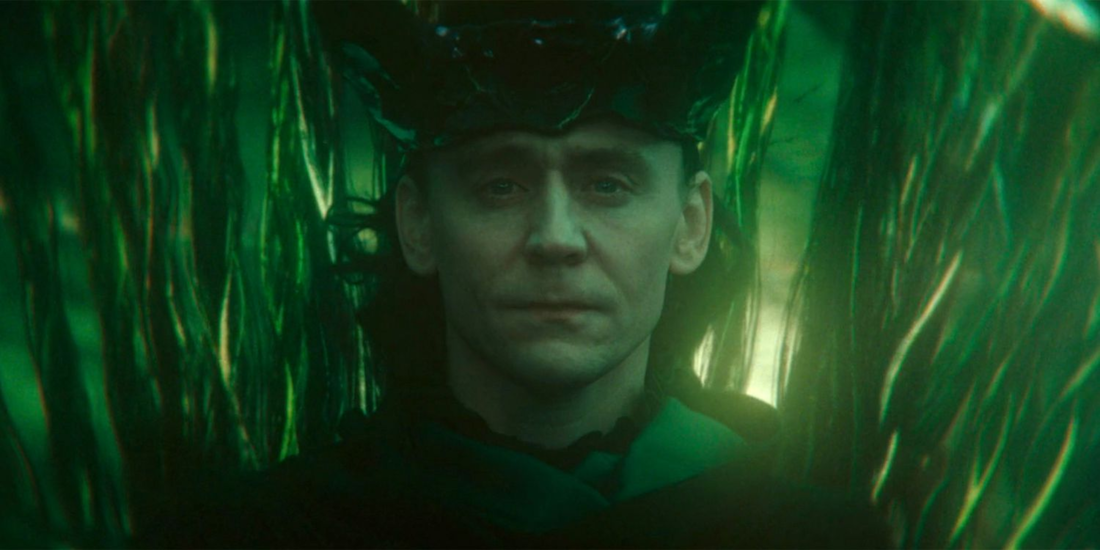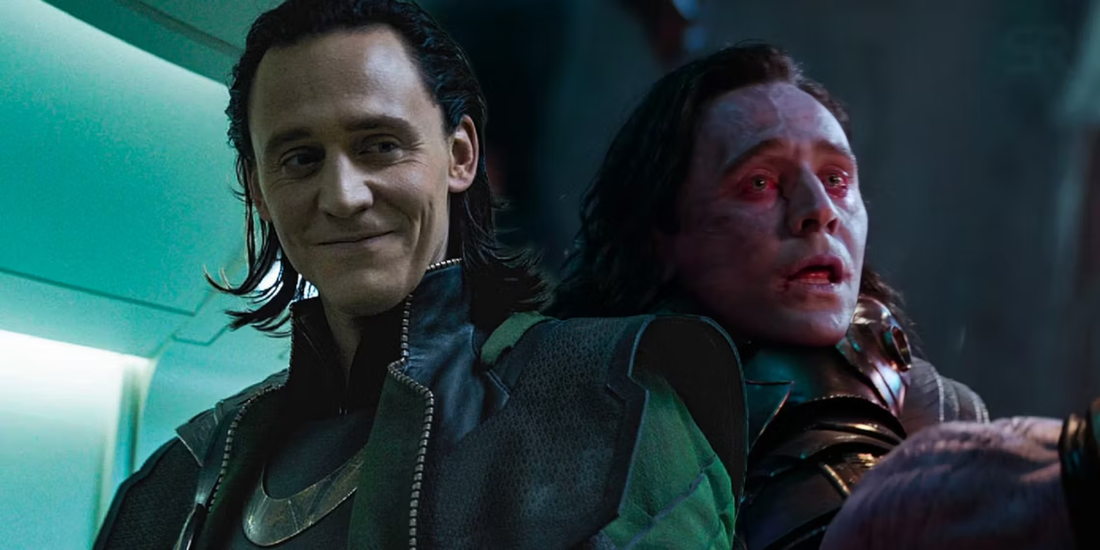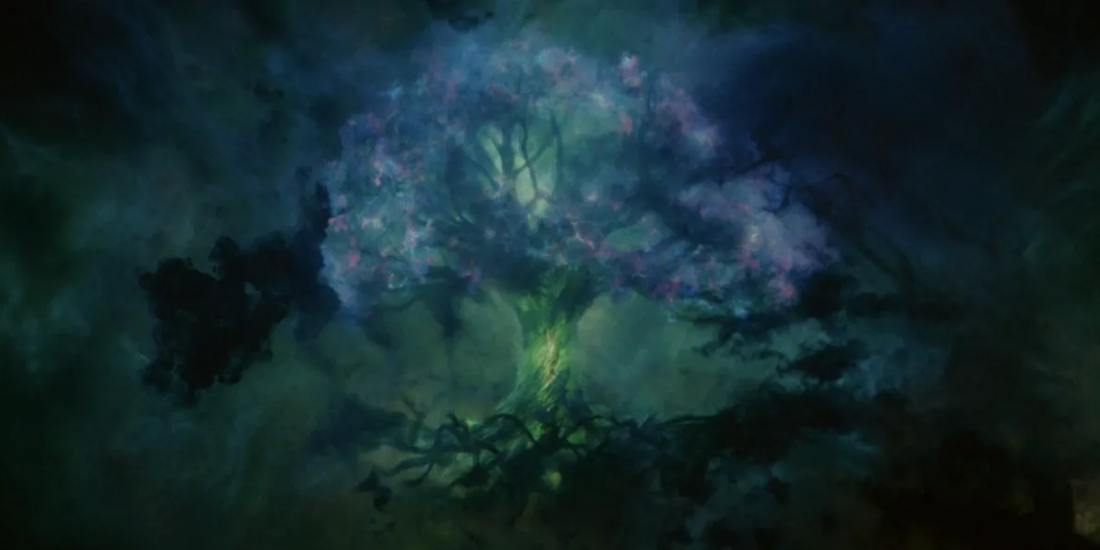|
Season 2 of Loki has wrapped up the God of Mischief in a beautifully perfect green bow. Of all the TV series that has come out of the Marvel Cinematic Universe; Loki has been the most rewarding to watch. From his introduction in Thor, Loki, the Trickster God, was portrayed as a villain to his heroic brother Thor and later The Avengers. He was transfixed with the idea of being the King of Asgard, taking a throne he believed to be rightfully his. As his story progressed, Loki was found to be more than just your run-of-the-mill villain. He was "... burdened with glorious purpose." Journey from Villain to Anti-hero Loki was an angry, mischievous prince of Asgard, second best to Thor. He played the attention-seeking brother well, by causing chaos at home and bringing an alien invasion to New York. Loki's actions came from a source of hate but also from feeling alone and not being good enough. His mother Frigga, saw the good behind her son's sly ways and even though Thor constantly battled with his brother, he too saw that Loki was not all bad. His grandiose performance and the poetry in the way he speaks provide a damaged, often unhinged, and small character. It's hard to think of another actor portraying this character because Tom Hiddleston performs Loki as the villain you can't help but love. Like Frigga and Thor, the audience sees his villainy as an excuse. Layers of his shell begin to peel away as Loki shows signs of redemption (but never abandoning the way of the fox) by helping Thor stop the Dark Elves, defeat their sister Hela, and die protecting his people from Thanos. This could have been the end of Loki's story, but it's not a fitting end for a God who declared he is meant for something magnificent. And so, his journey continues. Redemption Redux Plucked from the sacred timeline, a Loki variant is captured and subject to disintegration. Saved by a TVA agent, Mobius explores the question that has been asked of us since the beginning: is Loki a villain? No. He finally admits that he is weak. Compared to Thor he is weak and feels that power has been taken from him, so he uses fear to command respect. He confessed that he doesn't like hurting people but feels he has to. From this therapy session, we see another layer peeled away. This version of Loki has more growth to do and his path to get there is more supportive with Mobius as his moral compass. Throughout Season One, Loki has been Loki. Switching sides frequently to one that will grant him what he desires the most, but after meeting Sylvie (Loki variant), free will is what he cares for. The opportunity to live a life different than the predestined path is a fork in the road anyone would jump at. As is life, there are consequences, and a terrible one was chosen. Journey as a Hero Unable to stop Sylvie from killing He Who Remains, various timelines begin to branch off, Loki experiences time slipping, and the TVA is at risk of collapsing. Eventually, he learns to control this new power and pulls a Doctor Who. Traveling back to before the Temporal Loom explodes, Loki tries to stop the occurrence but fails multiple times until he realizes there's no stopping the explosion. So further back in time he goes. Traveling back before Sylvie can kill He Who Remains seems like the best option. Considering her action caused all this damage, Loki tries multiple times to reason with her and again fails. This determination to fix what's broken shows that Loki cares for those he truly considers friends, especially when it is discovered that the Temporal Loom is a failsafe to keep the Sacred Timeline and nothing else intact. How do you choose who lives or dies? His Path to Glorious Purpose Like any hero, Loki wants to save everyone. As He Who Remains has pointed out, that is not an option. Using his newfound power, Loki travels through time seeking counsel from Mobius. We are taken back to the memory room where they first met and Loki's askes that question. Mobius's answer is what you would expect: it's done to protect people. Though it's hard, "Most purpose is more burden than glory". Loki's choice seems to be made for him at that moment. Sylvie is the unfortunate answer. He doesn't want to kill her. He attempts in everyway to reason with her, but sees that Sylvie will do it all again. Fighting for free will is her main objective, even if it means everything burns. "... sometimes it's okay to destroy something", is the revelation Loki needed to make his decision.
Traveling back to the Temporal Loom, Loki replaces Victor Timely, but instead of trying to shut it down, he destroys it, causing all the timelines to die off. Using his powers, Loki begins to revive the timelines, making him the God of Stories. He makes the ultimate sacrifice to collect the numerous ropes of timelines and takes them to the End of Time. Taking the throne that still stands within the rubble of the Citadel, Loki forms the ropes of the multiverse into Yggdrasil; the World's Tree. He bears the burden of sitting alone, watching over his friends forever. Though there is no indication of a third season in the works, Loki's story has tied up beautifully. It would interesting to see if he plays a role in the upcoming MCU Universes, but even if he doesn't we know that Loki holds the weight of all worlds in his hands.
0 Comments
Leave a Reply. |
AuthorI'm just a girl, sitting in front of you all and I feel your writing pain. Archives
November 2023
Categories |
Proudly powered by Weebly





 RSS Feed
RSS Feed